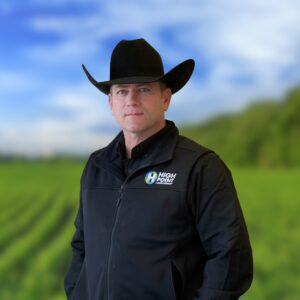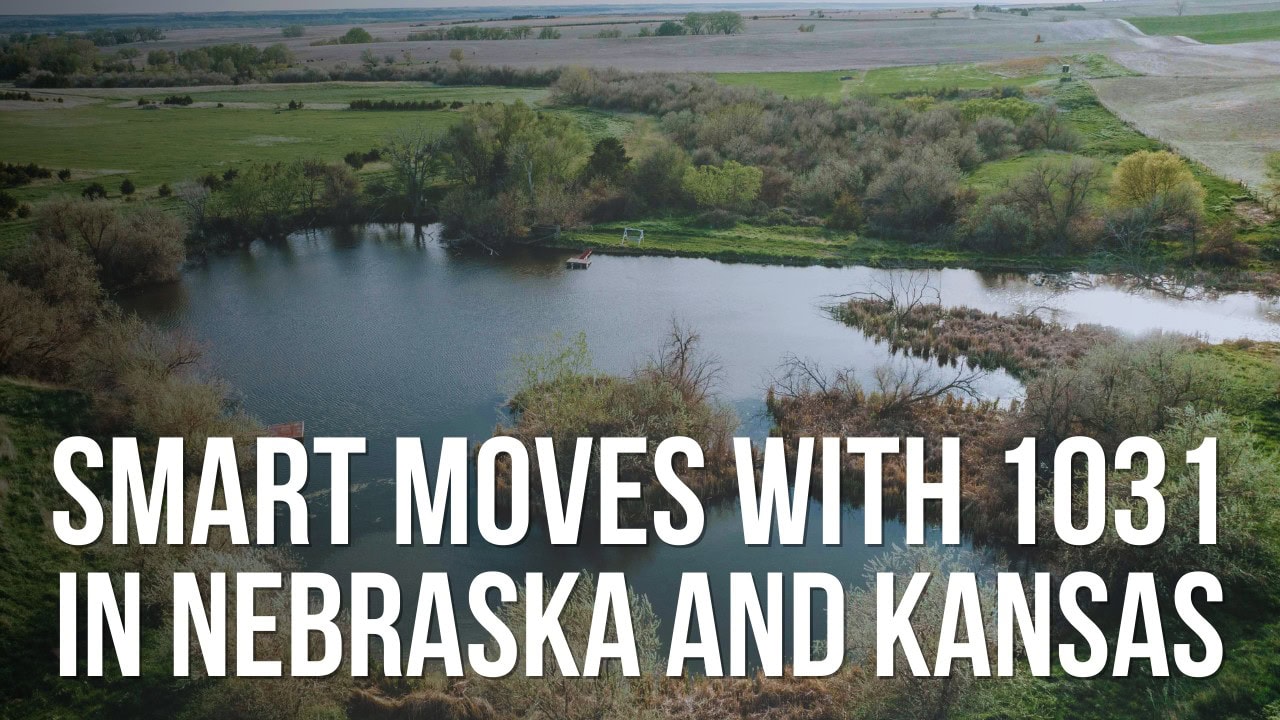Understanding 1031 Exchanges in Nebraska & Kansas: Navigating Landowners’ Options
 Brian Reynolds
Brian Reynolds
Nebraska – Kansas – South Dakota Land Specialist
For landowners in Nebraska and Kansas, deciding whether to sell or purchase land is a significant decision, often guided by more than just market conditions. One powerful but sometimes underutilized tool is the 1031 exchange, a section of the Internal Revenue Code that allows for the deferment of capital gains taxes when selling investment property and reinvesting the proceeds into a like-kind property. While coffee shop conversations might paint the 1031 exchange as simply buying more ground, the reality is that landowners have several strategic options available with the help of professional advisers. Here’s your quick guide to understanding 1031 exchanges in Nebraska & Kansas.
What is a 1031 Exchange?
A 1031 exchange enables landowners to defer paying capital gains taxes on the sale of property if the proceeds are reinvested into another qualifying property. This can be especially appealing in agricultural communities where land values have appreciated over generations.
However, the definition of “like-kind” property is broader than many realize. It doesn’t necessarily require buying more farmland. The IRS permits exchanges into various types of real estate investments, opening up different avenues for landowners looking to diversify their portfolios or transition out of active land management.
Options Beyond Buying More Ground
While reinvesting in additional farmland is the most common route, there are several alternatives that may better suit certain landowners’ financial goals or lifestyle preferences:
- Delaware Statutory Trusts (DSTs) – These allow investors to pool resources in professionally managed commercial properties such as apartment complexes or office buildings, offering a passive income stream without the burdens of day-to-day management.
- Real Estate Investment Trusts (REITs) – Though not a direct option for 1031 exchanges, some strategies involve using the exchange process to invest in properties that are later converted into REIT shares, providing diversified exposure to real estate markets.
- Conservation Easements – For landowners seeking to preserve their land while still benefiting financially, conservation easements offer tax incentives while limiting future development.
- Leaseback Arrangements – Selling land and leasing it back allows landowners to continue farming or using the property while freeing up capital for other investments or retirement planning.
Seeking Professional Guidance
Navigating a 1031 exchange can be complex, and it’s crucial to work with qualified intermediaries, tax advisers, and financial planners who understand the nuances of agricultural transactions in Nebraska and Kansas. Professionals can provide insight into market trends, legal requirements, and how each option aligns with long-term financial goals.
Making Informed Decisions
Rather than relying on word-of-mouth advice at the local coffee shop, landowners should be aware of the range of options available. Whether the goal is to expand operations, diversify investments, or transition into retirement, the 1031 exchange offers flexibility that extends far beyond simply purchasing more ground.
By seeking out professional resources and weighing all available options, landowners can make informed decisions that maximize their investments while securing their financial futures. Education becomes an important factor when making these big decisions, and I like to see folks to be able to sell their property when the timing is right for them rather than when they have to.
Do you want to learn more?
If you’re considering buying, selling, or managing land, reach out to a local High Point Land Company Agent. For more questions visit our YouTube Knowledge Center.
Brian holds a real estate broker license in Nebraska, Kansas, and South Dakota. He is a member of the American Society of Farm Managers and Rural Appraisers and the Realtors Land Institute. His dedication to professionalism, combined with his deep knowledge of agricultural systems, makes him a trusted advisor for farm and ranch management and real estate transactions. Contact Brian at 308-380-5734 or email Brian@highpointlandcompany.com.
